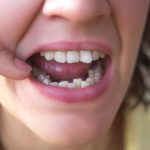How Often Should You Clean Your Dog’s Teeth? Ultimate Guide to Dog Teeth Cleaning

As a pet owner, it is crucial to ensure that your furry friend is healthy and happy. Dogs can suffer from dental problems, just like humans, and this can lead to serious health issues. Maintaining good oral hygiene for your dog is an essential part of their overall well-being. But how often should you clean your dog’s teeth? This guide will provide you with everything you need to know about dog teeth cleaning, including the best practices, tools, and tips to keep your dog’s teeth shiny and healthy. Dental problems are among the most common health issues that affect dogs. Dogs can suffer from gum disease, tooth decay, and bad breath, among other dental problems. These issues can cause discomfort, pain, and even lead to other serious health problems. As a responsible pet owner, it is your duty to ensure that your dog’s teeth are clean and healthy. By following the advice in this guide, you can help your furry friend maintain good oral hygiene and avoid the complications that come with dental problems.
Dental health is crucial for dogs as it is for humans. Poor dental hygiene in dogs can lead to a host of dental issues, including gum disease, tooth loss, bad breath, and painful infections. Not only do these issues cause discomfort to your furry friend, but they can also lead to serious health problems such as heart, liver, and kidney disease. Regular dental cleaning, including brushing your dog’s teeth, can significantly reduce the risk of these issues occurring, keeping your dog healthy, happy, and pain-free. Therefore, it is essential to prioritize your dog’s dental hygiene and ensure their teeth are regularly cleaned and maintained.
Regular teeth cleaning is extremely important for dogs as it helps maintain their overall health and prevents a number of dental issues such as gum disease, tooth decay, and bad breath. Neglecting your dog’s dental hygiene can lead to more serious health problems such as heart, liver, and kidney diseases. It is recommended to clean your dog’s teeth at least twice a week using a dog toothbrush and toothpaste specifically formulated for dogs. Consistency is key when it comes to your dog’s dental hygiene, and regular cleaning can save you a lot of money and discomfort for your furry friend in the long run.
Signs of Dental Problems in Dogs
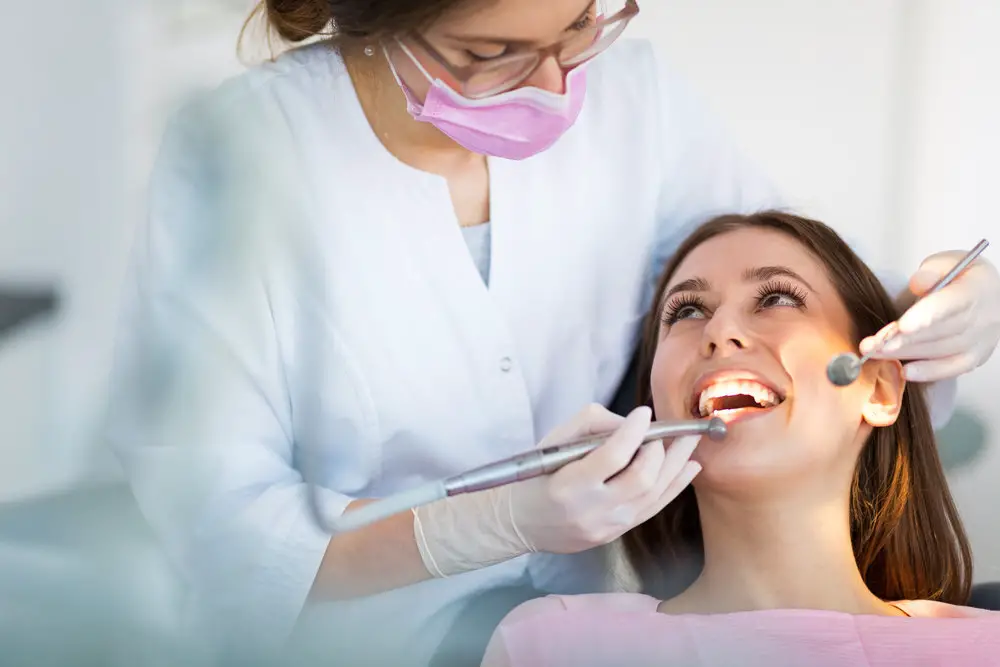
Dental problems in dogs can be painful and potentially life-threatening if left untreated. As a responsible pet owner, it is important to recognize the signs of dental problems in your dog. One of the most obvious signs is bad breath, also known as halitosis. This can be caused by a buildup of bacteria in the mouth, which can lead to tooth decay, gum disease, and other dental problems. Other signs of dental problems in dogs include swollen or bleeding gums, loose or missing teeth, difficulty eating or chewing, and a reluctance to play or interact with their owners. If you notice any of these signs, it is important to take your dog to the vet for a dental checkup. Regular dental care is essential for maintaining your dog’s overall health and well-being. In addition to brushing your dog’s teeth at home, you should also schedule regular dental cleanings with your veterinarian. The frequency of these cleanings will depend on your dog’s age, breed, and overall health. Some dogs may need to have their teeth cleaned every six months, while others may only need a cleaning once a year. By taking care of your dog’s teeth and gums, you can help prevent dental problems and ensure that your furry friend remains happy and healthy for years to come.
Bad breath is a common issue for dogs, and it can be caused by a variety of factors. One of the most common causes of bad breath in dogs is poor oral hygiene. When food particles and bacteria are left to linger in a dog’s mouth, they can lead to the buildup of plaque and tartar, which can cause a foul odor. Other potential causes of bad breath include digestive issues, respiratory problems, and certain medical conditions. Regardless of the cause, it’s important to address bad breath in dogs as soon as possible, as it can be a sign of an underlying health issue. Regular teeth cleaning can help prevent bad breath and promote overall oral health in dogs.
Loose or missing teeth in dogs can be a sign of poor dental hygiene, injury, or disease. It is important to regularly clean your dog’s teeth and gums to prevent the build-up of plaque and tartar, which can lead to tooth decay and gum disease. Loose teeth can cause pain and discomfort, as well as difficulty eating and drinking. Missing teeth can also affect a dog’s ability to chew and break down food properly, leading to digestive issues. If you notice any loose or missing teeth in your dog, it is important to consult with your veterinarian to determine the underlying cause and appropriate treatment.
Red or swollen gums in dogs can be a sign of periodontal disease, an inflammatory condition caused by the buildup of plaque and tartar on teeth. This condition not only affects the gums but also the bones and ligaments that support the teeth. If left untreated, periodontal disease can lead to tooth loss and other serious health problems in dogs. Regular teeth cleaning is essential to prevent the buildup of plaque and tartar and to maintain healthy gums and teeth. In addition to regular brushing, feeding your dog dental treats and toys can also help to keep their teeth clean and healthy. If you notice any signs of red or swollen gums, it is important to consult with a veterinarian to determine the best course of treatment.
Difficulty eating or chewing is a common symptom of dental problems in dogs. If left untreated, it can lead to weight loss and malnutrition. Dogs with dental issues may have trouble biting and chewing their food, and may show signs of discomfort or pain while eating. This can be caused by gum disease, tooth decay, or broken teeth. Regular teeth cleaning can help prevent these issues and keep your dog’s mouth healthy and pain-free. In addition, providing your dog with appropriate chew toys and dental treats can also help maintain good oral hygiene. If you notice any signs of difficulty eating or chewing, it’s important to consult with your veterinarian to address the issue promptly.
Excessive drooling in dogs is not only messy but can also be a sign of dental health problems. Dogs naturally produce saliva, but when they drool excessively, it may indicate an underlying issue such as gum disease or a tooth infection. It’s important to address these issues promptly as they can lead to more severe health problems if left untreated. Regular teeth cleaning, both at home and by a veterinarian, can help prevent dental issues and reduce excessive drooling. Additionally, providing your dog with appropriate chew toys and avoiding feeding them table scraps can also aid in maintaining their dental health.
How to Clean Your Dog’s Teeth
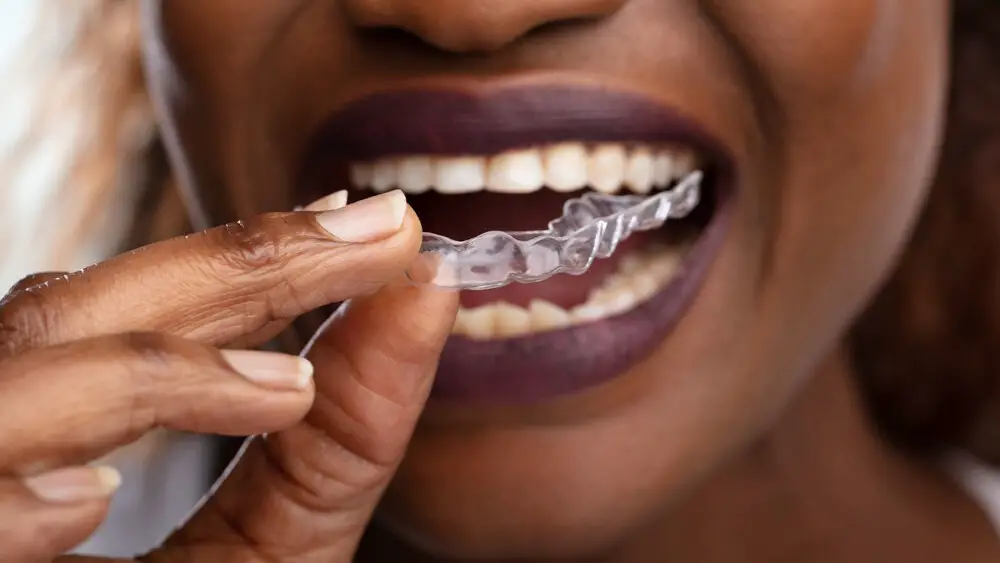
Cleaning your dog’s teeth is an essential part of their overall health and wellbeing. Not only does it help prevent bad breath and gum disease, but it can also prevent more serious health issues such as heart disease and infections. So, how can you clean your dog’s teeth effectively? The first step is to establish a regular teeth cleaning routine. This routine should involve brushing your dog’s teeth at least two to three times a week. You can use a soft-bristled toothbrush and dog-specific toothpaste, which is specially designed to be safe for your furry friend to ingest. In addition to regular brushing, there are other ways to keep your dog’s teeth clean. You can provide them with chew toys that are designed to clean their teeth and massage their gums. These toys are often made of rubber or nylon and come in a variety of shapes and sizes. You can also offer your dog dental chews or treats that are designed to help remove plaque and tartar from their teeth. It is important to note that while these methods can be helpful, they should not replace regular brushing as the most effective way to keep your dog’s teeth clean and healthy. By establishing a regular teeth cleaning routine and incorporating other preventative measures, you can help ensure that your furry friend maintains optimal dental health.
In order to properly clean your dog’s teeth, you will need a few materials. First and foremost, you will need a toothbrush and toothpaste designed specifically for dogs. Do not use human toothpaste as it can be harmful to dogs. You may also need dental chews or bones to help remove plaque buildup in between cleanings. A finger brush can also be helpful for getting into hard to reach areas. Additionally, you may want to use a dental scaler to remove stubborn tartar buildup. It is important to consult with your veterinarian before using any dental tools, as improper use can cause harm to your dog’s teeth and gums.
Cleaning your dog’s teeth is an important part of their overall health and hygiene. To start, choose a toothbrush and toothpaste specifically made for dogs. Never use human toothpaste, as it contains ingredients that can be harmful to dogs. Next, gently lift your dog’s lip and begin brushing in circular motions, paying special attention to the back teeth where plaque and tartar tend to accumulate. Be sure to reward your dog with praise and treats throughout the process to make it a positive experience. Aim to brush your dog’s teeth at least three times a week, but daily brushing is ideal. If your dog is resistant to brushing, try using dental chews or toys to help keep their teeth clean. Regular teeth cleanings can prevent dental disease and save you money in the long run.
Keeping your dog’s teeth clean is an essential part of their overall health. However, the process of cleaning your dog’s teeth can be challenging. Fortunately, there are some tips to make the process easier. First, start when they are young, as it can be easier to train them to accept the process. Second, use a toothbrush and toothpaste specifically designed for dogs. Third, make sure to reward your dog with praise and treats for allowing you to clean their teeth. Fourth, be gentle, and don’t force your dog to endure the process if they are uncomfortable. Finally, be consistent in your efforts, as regular teeth cleaning can prevent more severe dental problems down the line. By following these tips, you can make the process of cleaning your dog’s teeth easier and more effective.
How Often to Clean Your Dog’s Teeth
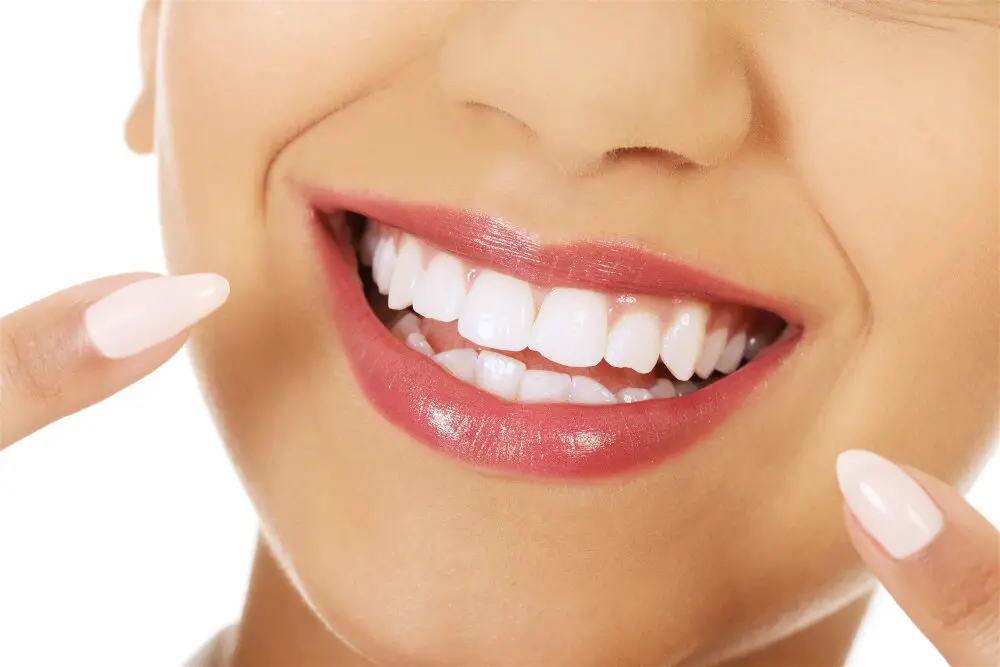
Cleaning your dog’s teeth is an important part of their overall health and wellbeing. It helps to prevent gum disease, tooth decay, and bad breath. But how often should you clean your dog’s teeth? The answer to this question depends on a few different factors. One factor to consider is your dog’s age. Puppies and young dogs may not require as frequent teeth cleaning as older dogs. However, it’s still important to start a dental hygiene routine early on to establish good habits. For adult dogs, it’s generally recommended to clean their teeth at least once a week. For senior dogs, who may be more prone to dental issues, it’s recommended to clean their teeth more frequently, such as every other day or every day if possible. It’s important to consult with your veterinarian to determine the best teeth cleaning schedule for your dog based on their specific needs.
There are several factors that determine how often you should clean your dog’s teeth. One of the main factors is the age of your dog. Puppies have softer teeth and require less frequent cleaning, while older dogs may have more tartar buildup and require more frequent cleaning. Another factor is the breed of your dog. Some breeds are more prone to dental issues than others, such as small dogs and brachycephalic breeds. The type of food your dog eats also plays a role in their dental health, as dogs on a soft or low-quality diet may develop more plaque. Additionally, your dog’s dental hygiene routine at home and their chewing habits can impact how often their teeth need to be cleaned. Overall, it’s important to consult with your veterinarian to determine the appropriate frequency for your dog’s dental care.
Maintaining good oral hygiene is an essential aspect of your dog’s overall health. Regular teeth cleaning is crucial to prevent dental problems such as bad breath, gum disease, and tooth decay. The frequency of cleaning your dog’s teeth depends on various factors such as their age, breed, and diet. As a general guideline, it’s recommended to brush your dog’s teeth at least 2-3 times a week. However, some dogs may require more frequent cleaning based on their individual needs. It’s important to observe your dog’s dental health and consult with a veterinarian to determine the ideal frequency of teeth cleaning for your furry friend.
Consulting with a veterinarian is crucial when it comes to your dog’s dental health. It is recommended to schedule a dental exam with your veterinarian at least once a year to ensure that your dog’s teeth and gums are healthy. However, if you notice any signs of dental problems such as bad breath, loose teeth, bleeding gums, or difficulty chewing, it is important to consult with a veterinarian immediately. Your veterinarian can perform a thorough dental exam, provide treatment options, and recommend a dental care routine that meets your dog’s specific needs. Neglecting your dog’s dental health can lead to serious health problems, so it is important to consult with a veterinarian regularly.
Other Ways to Promote Dental Health in Dogs
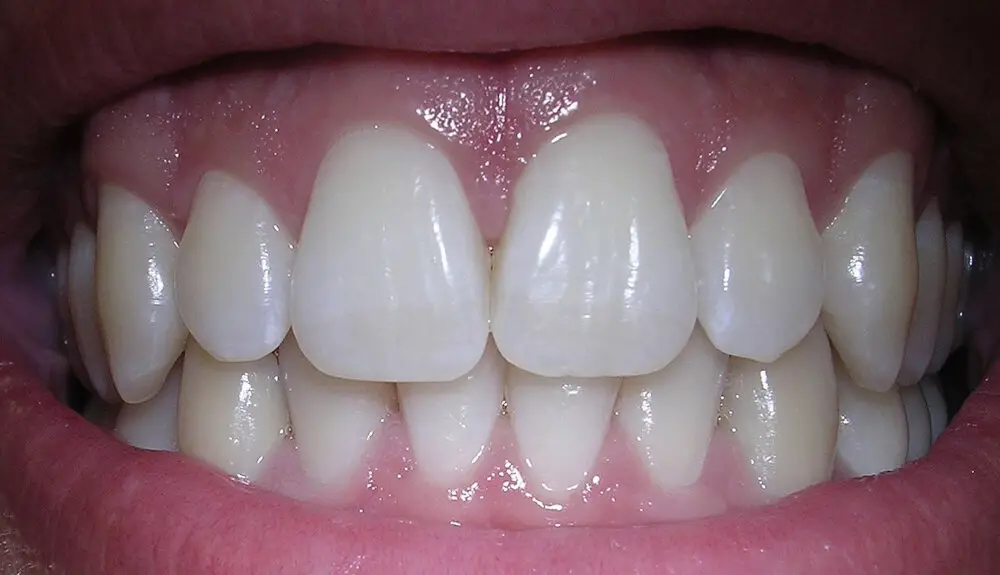
In addition to regular teeth cleaning, there are other ways you can promote dental health in your furry friend. One way is to provide them with dental chews or toys specifically designed to help clean their teeth. These products are usually made with ridges or bumps that help scrape off plaque and tartar as the dog chews on them. Some of these chews also contain enzymes that help break down bacteria and freshen breath. However, it is important to supervise your dog while they use dental chews or toys to prevent any choking hazards. Another way to promote dental health in dogs is through their diet. Feeding your dog a high-quality diet that is rich in protein and low in carbohydrates can help prevent plaque buildup and promote healthy teeth and gums. Some dog foods even contain ingredients that specifically target dental health, such as sodium tripolyphosphate, which can help prevent tartar formation. Additionally, giving your dog fresh fruits and vegetables as treats can help scrape off plaque and freshen their breath. However, it is important to consult with your veterinarian before making any changes to your dog’s diet.
Dental chews and toys are excellent tools to supplement your dog’s oral hygiene routine. These products come in different shapes and sizes, and they are designed to help clean your dog’s teeth and gums while they chew and play. Some dental chews and toys have ridges and bumps that scrape off plaque and tartar from the teeth, while others have special ingredients that help fight bad breath and promote healthy gums. When choosing a dental chew or toy, make sure it is appropriate for your dog’s size and chewing habits. Additionally, always supervise your dog while they are chewing or playing to prevent choking or other accidents. Incorporating dental chews and toys into your dog’s routine can be a fun and effective way to keep their teeth clean and healthy.
Special diets for dogs can be an effective way to maintain their dental health. Some dogs may require a specific diet to improve their oral hygiene, such as those with a history of dental problems or those with a predisposition to tooth decay. These diets may include foods that are specifically formulated to clean teeth or contain ingredients that prevent plaque buildup. Additionally, some diets may be designed to promote a healthy mouth by including ingredients like antioxidants and omega-3 fatty acids. It is important to consult with a veterinarian before starting your dog on a special diet to ensure that it meets their nutritional needs and does not interact with any medications they may be taking.
Regular vet checkups are crucial for maintaining your dog’s overall health and well-being. During these checkups, the veterinarian will assess your dog’s teeth and gums, as well as other important aspects of their health. It is recommended to schedule annual checkups for adult dogs, but for senior dogs, checkups every six months are recommended. These checkups allow for early detection and treatment of any dental or health issues before they become more serious and expensive to treat. Additionally, the veterinarian can provide guidance on at-home dental care and recommend professional dental cleanings as needed. Making regular vet checkups a priority for your furry friend can help ensure a long and healthy life.
Dental health for dogs is an essential aspect of their overall well-being. Neglecting oral hygiene can lead to painful and costly dental problems, including gum disease and tooth decay. In addition, poor dental health can affect a dog’s overall health, leading to other health problems such as heart disease and kidney damage. It is crucial to ensure that a dog’s teeth are regularly cleaned, either by brushing them at home or by having them professionally cleaned by a veterinarian. By taking care of a dog’s oral hygiene, owners can prevent complications and ensure that their furry companions lead healthy, happy lives.
Regular teeth cleaning is essential for maintaining your dog’s oral hygiene. Neglecting your dog’s teeth can lead to plaque and tartar buildup, which can cause bad breath, gum disease, and tooth decay. These dental problems can also lead to more serious health issues, such as heart disease and kidney disease. It is recommended that you clean your dog’s teeth at least once a week to prevent these issues from occurring. By providing your dog with regular teeth cleaning, you can ensure that they have fresh breath, healthy gums, and strong teeth, which will contribute to their overall health and well-being.
It’s not only humans that need to take care of their teeth, but dogs also require dental care to maintain their oral health. Not cleaning your dog’s teeth can lead to various dental problems such as bad breath, gum disease, and tooth decay, which can significantly affect their overall health. Therefore, it’s essential to start a dental cleaning routine for your furry friend as soon as possible. You can begin by brushing their teeth regularly with a dog-friendly toothbrush and toothpaste or using dental chews and toys. Regular dental checkups with a veterinarian can also help identify any dental issues early on. By starting a dental cleaning routine, you’re not only providing your dog with a healthy and happy life but also saving yourself from costly dental treatments in the future.
Conclusion
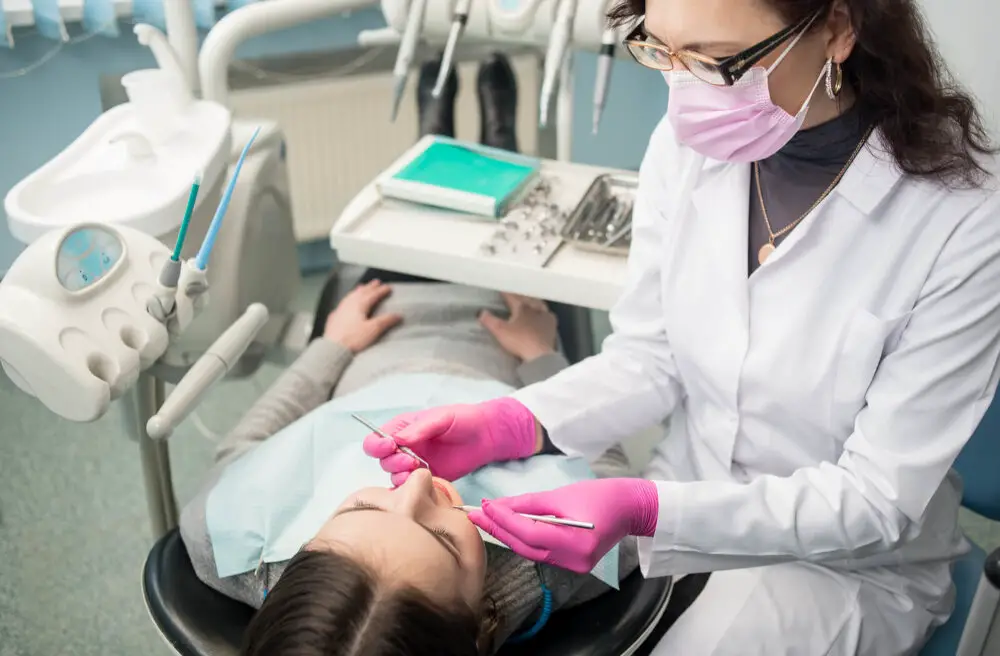
In conclusion, maintaining your dog’s dental hygiene is essential for their overall health and well-being. Regular brushing of teeth, feeding them healthy and nutritious food, and providing them with dental chews and toys can go a long way in preventing dental diseases and bad breath. The frequency of cleaning your dog’s teeth depends on several factors such as age, breed, and diet. As a responsible pet owner, it is crucial to consult a veterinarian and develop a dental care routine that works best for your furry friend. By taking care of your dog’s teeth, you can help them lead a happier, healthier, and longer life. Remember, a healthy mouth equals a happy dog!


